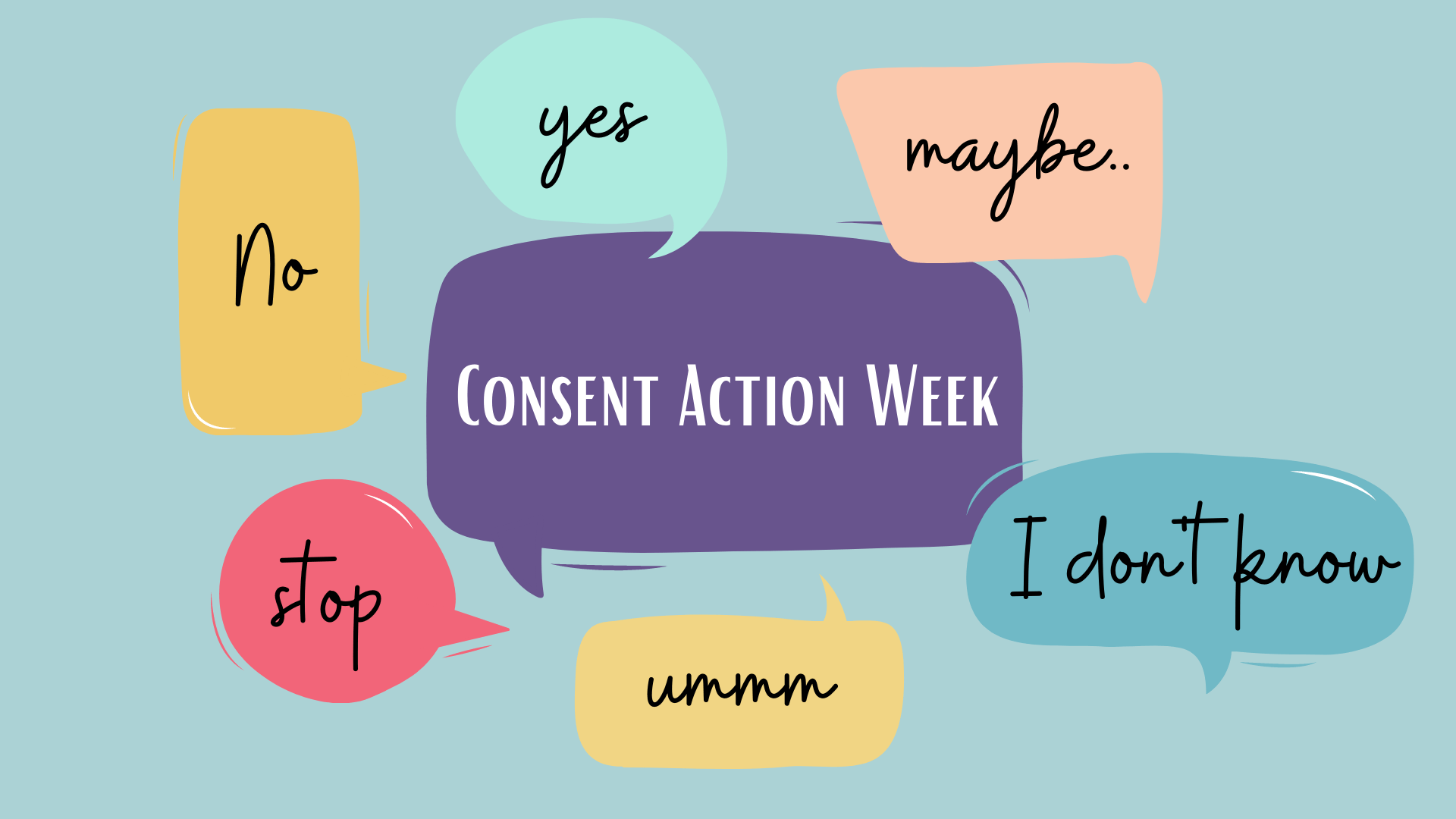Spanning a week from January 24 to 28, The Centre for Sexual Violence Response, Support & Education (The Centre) hosted and initiated several virtual events faciliated by guest speakers and training workshops for all within the York community.
Started initially in 2020, Consent Action Week was part of the Division of Students Strategic Plan 2020-2025, where the priorities are to “build culture, application and accountability, and intentional relationships,” according to their website. Future initiatives in place include discussing “Dadding through the Pandemic” and “Kindness is the New Normal and it all begins with YU.”
Joanie Cameron Pritchett, director of The Centre says, “Universities play a significant role in preventing sexual violence, supporting survivors, and holding perpetrators accountable. That can be best accomplished by providing and maintaining an environment in which sexual violence is not tolerated and fostering a culture that helps prevent sexual violence by rejecting attitudes and behaviours that perpetuate sexual violence.
“There are several ways to share knowledge, get the word out and shape true cultural change. We have created several programs accessible to our entire community including staff and faculty. The activities put forward during Consent Week are an integral part of creating a culture of consent, and building safer spaces in our community,” Pritchett continues.
A variety of workshops were hosted from art therapy, mindfulness meditation to yoga for trauma recovery.
Facilitator of the Yoga for Trauma Recovery Workshop was Nicole Brown Faulknor, founder and CEO of Wounds 2 Wings Trauma + Psychotherapy Services and TEAO Canada (Trauma and Embodiment Association of Ontario) explains the beneficial qualities that come with trauma yoga.
“In regards to bringing trauma yoga, it’s like a practice that rests on principles of invitation — everything is an invitation. You will hear even in the methodology in how life is facilitated. You might want to do this, you might not want to. You might choose something completely different. Choice making with your body cannot be underrated,” Faulknor explains.
In addition, the Sexual Harassment and Assault Resource Exchange (SHARE) recently hosted a session discussing workplace sexual harassment. SHARE is a confidential legal service that offers legal advice for free to everybody experiencing workplace sexual harassment and assault. SHARE offers public legal information and training regarding workplace sexual harassment topics to youth and post-secondary students alike.
“Sexual harassment and sexual violence occur in all work environments, including universities, and several laws in Ontario prohibit it,” says SHARE’s Outreach Coordinator Shagufta Sadique. “Students, staff, and faculty may not feel uncomfortable reporting sexual harassment and sexual violence on university campuses because of power imbalances, barriers to reporting and accessing support.”
Universities hold the responsibility to not only educate but to advocate for their students. Campus’ are crucial spaces to hold discussions regarding consent, to create a space for students to become aware of not only their own bodies, but their relations with others.
“Stigma and shame around sexual harassment in the post-secondary school environment can also prevent people from reporting or accessing support,” Sadique adds.


